I recently watched Joe Rogan’s discussion with North Korean defector Yeonmi Park. At first I was heartbroken and horrified. The depth of darkness on this planet never ceases to amaze me.
Then I started wondering about Park… so I hit the search engines and discovered she was briefly married to an American (white guy) and birthed a son who is now 5 years old. She has had breast implants. And she has written two books about her experiences, advocating for the world to do something about the terrible oppression and torture in North Korea.
However, there are also a slew of articles questioning whether her story is true. Accusing her of appropriating other defectors’ stories as her own.
As I did an image search on photos of Park and her family, it turned up pictures like this:
These photos seem incongruent with her stories to Rogan about the sheer level of destitution, malnutrition and poverty in her childhood. Where did they get the good clothes from, where did they get a camera, and the ability to develop photos?
But then I read in an article that, “This all changed during the 1990s, when the famine and an economic collapse turned the whole country into a nation of traders in order to survive.”
So what time period is she talking about with Rogan? It’s not clear.
I think clarity is further muddled by the fact she’s a non-native English speaker. So she seems to switch continuously between her own personal experiences and relating others’ experiences – things she knows or has heard about, but not experienced herself. However, due to her non-fluency in English, these distinctions are not clear to the listener. So perhaps this is where the accusations come from about her ‘claiming others stories as her own’.
But keep in mind, she is advocating for mercy, for help for all North Koreans! Why shouldn’t she tell all the stories she can to communicate how depraved the situation is there?
Trauma-Based Memory
And then we come to a completely different issue. How reliable is human memory when trauma is involved? How reliable is memory, period?
There have been many sociological studies where they have groups of people observe exactly the same scenario, with the same people, circumstances etc. And nearly every person gives a different report of what happened.
When you read these studies, it’s amazing eyewitness testimonies are still allowed in a court of law.
We have an event that occurred in my own family. Out of 5 of us, four of us recall the same event – we tell the same story. The one person who is not represented favorably in the event swears on the Bible it didn’t happen. He legit does not remember, nor believe the event occurred. How can this be?
Because memory is not as simple as we think it is.
“IT IS the day after a blazing row and you are determined to clear the air. But the more you talk about the argument with your partner, the more you struggle to hide your incredulity. How can their recollection be so, well, wrong? It’s as if you are reading from different scripts.
In some ways, you are. To understand how people can experience the same event but recall it so differently, we need to forget our assumptions about how memories work, says Signy Sheldon at McGill University in Canada.” – New Scientist
In my own experience, trauma can really affect how memory works. I experienced this myself as a child. One summer, my best friend Shawna-Lynn and I went to visit the new family that had just moved into our neighbourhood, as we’d seen a girl our age in the front yard.
We walked up the porch steps and knocked on the screen door. The mother answered the door completely naked. We stammered out our offer of friendship for her daughter and she yelled out, “Karina!” as she walked over to a nearby sofa where her husband lounged – also stark naked. At that point, my brain shut down.
That is all I remembered of the encounter, until 25 years later when I was visiting Shawna-Lynn and we were reminiscing about all the craziness in our old neighborhood. When Shawna said, “And then she walked over to the couch where her husband was naked–” All of a sudden, the hidden, repressed memory came rushing forth into my mind and I saw again (remembered) what happened next as Shawna continued, “–and they started fondling each other in front of us!”
I was obviously in a time and space where it was safe for me to unlock the rest of that memory. My memory was not the result of Shawna suggesting events, because the missing portion reappeared in a flash, a microsecond, the moment she said, “her husband was naked…” By the time Shawna said the rest of her sentence, I had already remembered what happened, and also what happened after that, as Karina appeared and we thankfully left the house.
So when you look at the horrors that happened to Yeonmi Park, it would not be surprising that her memories are not neat and ordered, or without loops and twists of their own.
Her sexual trauma is mirrored in her appearance. No one who loves and cherishes their body purposely mutilates it with breast implants or other invasive surgeries. Of course, that is another topic and for this discussion I think the important piece is to focus on why she is speaking about her experiences and memories.
She wants the rest of the world’s leaders to put pressure on the North Korean government to stop the oppression and torture of its people. In an ideal world, she would love it if other countries would actually intervene and demand human rights be restored. Worthy goals indeed.
“Along my journey, I have seen the horrors that humans can inflict on one another, but I’ve also witnessed acts of tenderness and kindness and sacrifice in the worst imaginable circumstances. I know that it is possible to lose part of your humanity in order to survive. But I also know that the spark of human dignity is never completely extinguished, and that given the oxygen of freedom and the power of love, it can grow again.” – Yeonmi Park
2s Comments
Leave A Comment Cancel reply
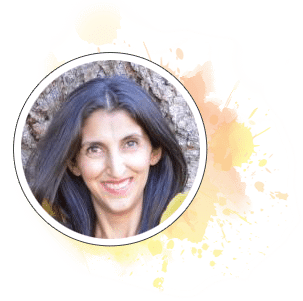
About
JINI PATEL THOMPSON
I am. an international bestselling author, health product formulator, horse listener, earth singer, mother, entrepreneur, medicine woman, fungi friend, elephant acolyte and regenerative farmer.
I value friendships, loyalty, community, compassion, authenticity, health, vibrancy, strength, courage and truth-telling. More…
Jini’s “GET BIGGER” Newsletter
Sign up to stay INSIDE Jini’s ever-expanding universe



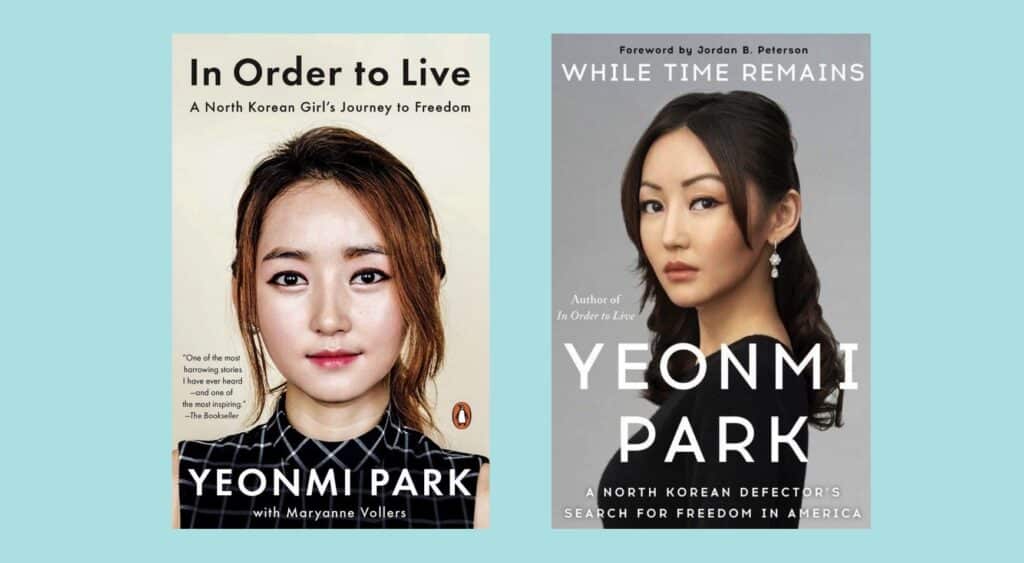
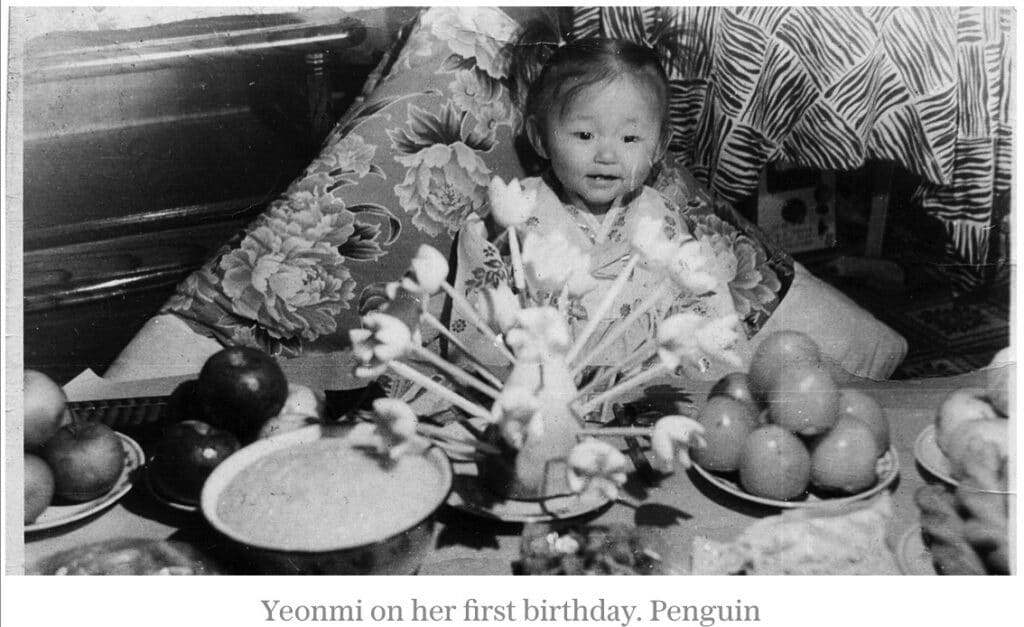
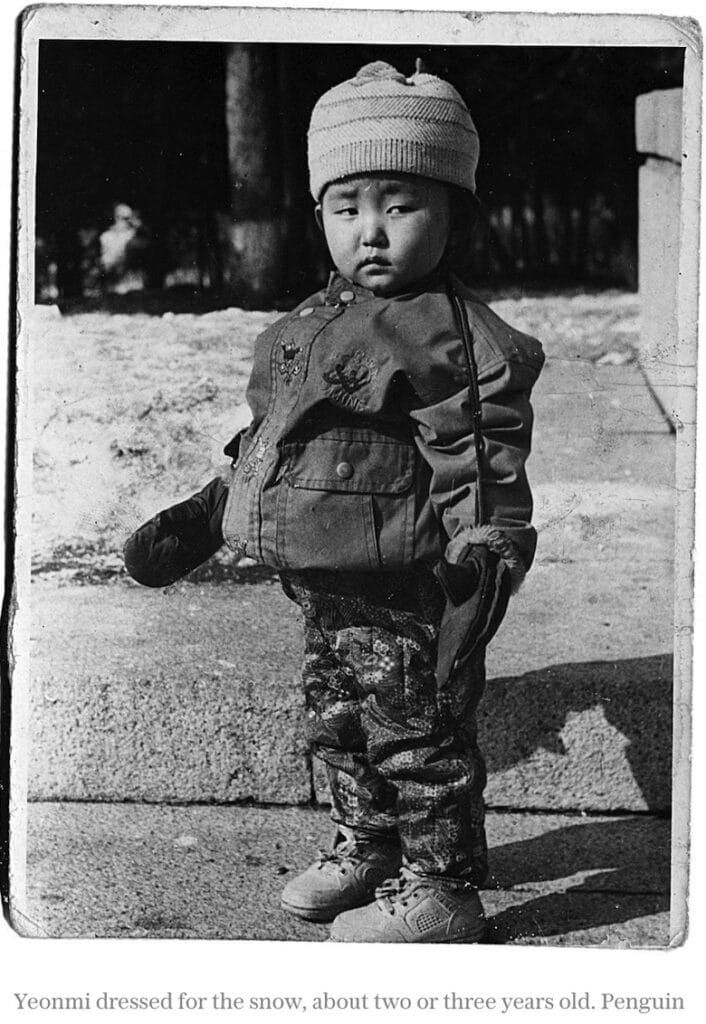
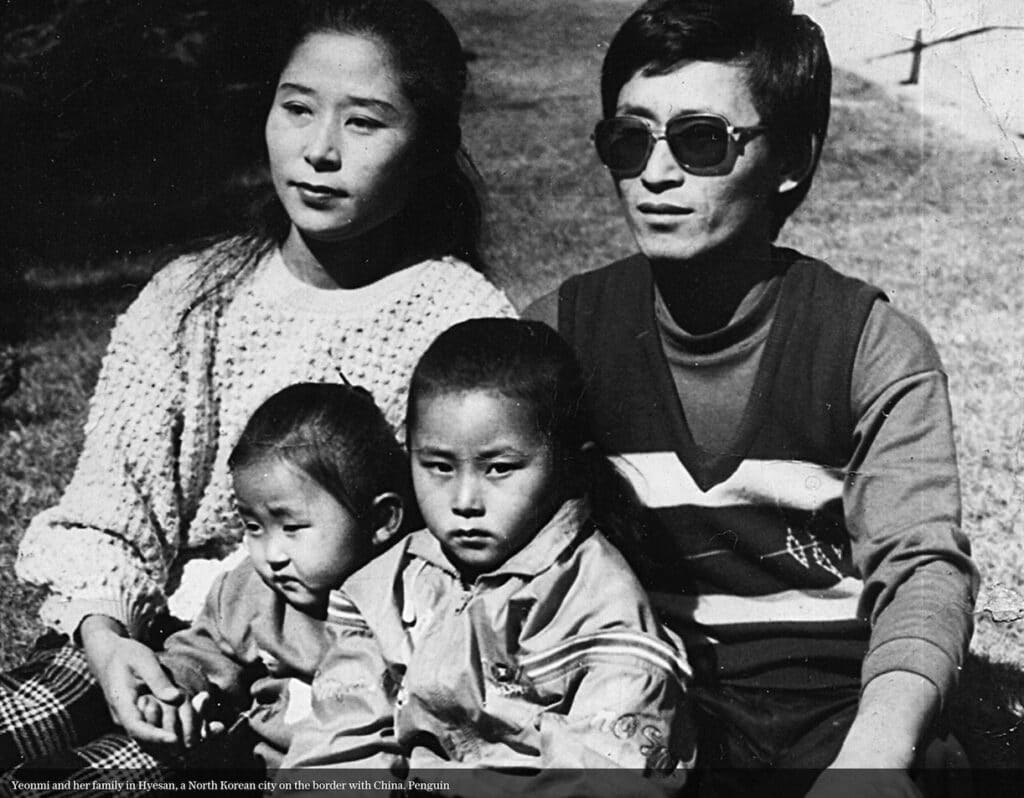
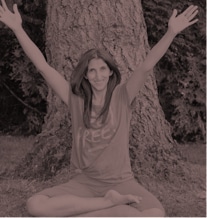
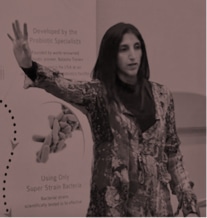


So true, and with a balanced discernment of human reliability. When I have lost something important, I am amazed at the stories I concoct in trying to remember how I lost it. Regarding Yeonmi Park, I like that your ending focuses on her intent.
Lost items… so many potential stories there too! Glad you enjoyed my musing :)